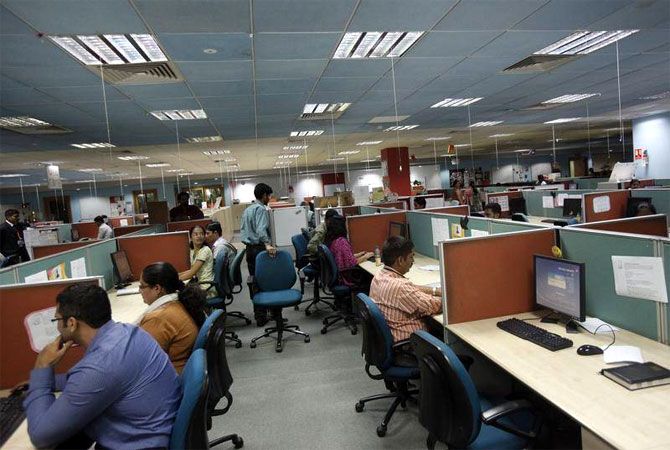DBT Bureau
Bengaluru, 8 October 2024
Many Indian IT services firms have not given salary hikes yet in the current financial year. Usually, salary hikes are rolled out in the first quarter (April-June) or second quarter (July-September) of any financial year.
However, brokerage firms have pointed out that this has been an exception so far this year. Companies like Infosys, HCLTech, LTIMindtree, L&T Technology Services and many others have not yet given any annual hikes to their employees.
According to analysts, holding back of hikes is one of the methods to improve operating margin amid a tough demand environment. As per estimates, around 55% of all the costs of IT firms come owing to salaries paid to employees. So, rolling out salary hikes will definitely be a drain on operating profit and net profit of companies. Therefore, in Q2FY25, results of which will be announced starting this week; margins are likely to show improvement.
“Most companies have deferred wage hikes to Q3 and beyond, which means H2FY25 margins would see headwinds from the wage front as well as furloughs,” brokerage firm Motilal Oswal Financial Services said in a pre-earning note.
Brokerage firm, Nomura expects Infosys’ margin to improve by 10 basis points to 21.2% quarter-on-quarter (QoQ). The brokerage also expects India’s third-largest IT firm, HCLTech, to report a massive 120 bps margin improvement to 18.3%, sequentially.
Analysts also are of the opinion that Indian IT firms are holding back hikes on the back of stable employee attrition numbers.
For all companies, attrition numbers have stabilised with numbers coming down to pre-COVID levels. Amid a tough demand environment, job opportunities have shrunk significantly. Therefore, employees are sticking to their current jobs due to lack of openings. As attrition comes down, IT firms are feeling confident to hold back salary hikes without the risks of facing the ire of employees.
However, many predict that as demand situation shows green shoots, it will be difficult for them to defer hikes for long and hikes are likely to be rolled out in the second half of current financial year.





















